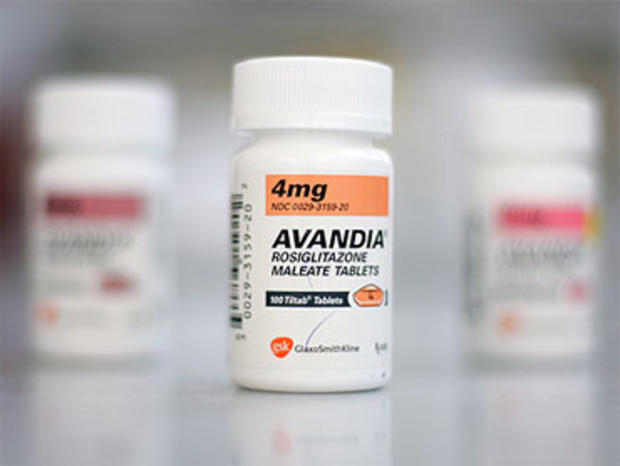Avandia Drug Trials Shut Down in India
by Laura Strickler, CBS News Investigative Producer
CBS News has learned that the Indian government has ordered Glaxo Smith Kline to suspend 19 drug trials in India for the controversial diabetes drug Avandia because of recently released studies showing potential heart problems with the drug. The trial continues at over 300 locations worldwide.
A spokesperson for Glaxo Smith Kline (GSK) told CBS News: "The DCGI (Drug Controller General of India) has written to Quintiles, the clinical research organisation (CRO) running this trial in India, requesting that it be placed on hold with immediate effect. Accordingly, all sites in India participating on the TIDE study were informed of the hold status by letter on Wednesday 30th June 2010. The reason stated by the DCGI was recent publication of a cohort observational study and a meta analysis concerning rosiglitazone. GSK, the principal investigators of TIDE and the CRO involved will provide the DCGI with any further data or information it requires in advance of a final decision on this study being made."
Diabetes Drug to Get Second Look
The trial is known as the "TIDE Trial" which is an acronym for Thiazolidinedione Intervention with Vitamin D Evaluation. The Indian government is responding to a flurry of new information about the potential dangers of the drug and charges that Glaxo Smith Kline hid problems with the drug for the last eleven years.
An October 2008 FDA internal safety review released by Senate investigators included a lengthy analysis of whether or not it was ethical to ask a company to test a drug on patients that was shown to cause a 43 percent increase in the risk of heart attacks. The reviewers concluded that the trial, which began in the spring of 2009 would be "unethical and exploitative."
Glaxo Smith Kline released a statement earlier this week regarding the safety of Avandia: "Since 2007 we have seen results from six controlled clinical trials looking at the cardiovascular safety of Avandia and together they show that this medicine does not increase the overall risk of heart attack, stroke or death."
